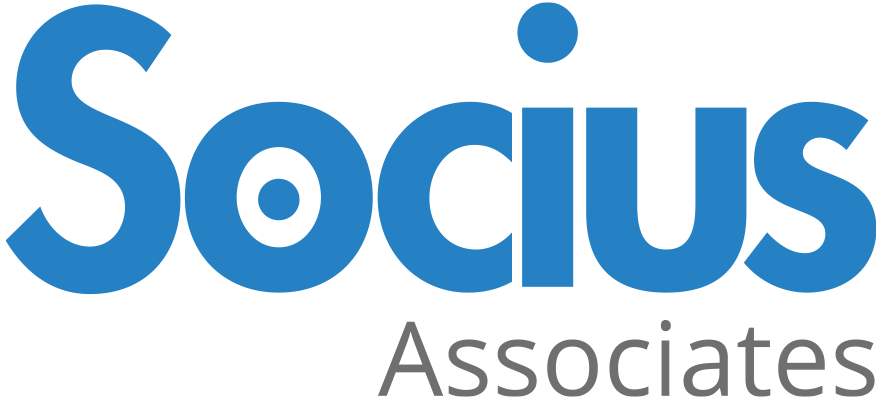If there is anything 2016 has taught us so far – and we still have seven weeks of it left! – it’s how understanding our stakeholders can make or break our ambitions. In the wake of the latest political upset, the US presidential elections, another camp is engaged in head scratching and soul searching. How could it possibly have gone so wrong, and how could so many signals have been missed?
Some are engaged in the blame game, while others are taking stock to make some shocking discoveries. When push came to shove and the red pencils finally hovered over the ballot papers it became clear that they did not understand their key stakeholders well enough to win the ballot – or even understood their real concerns at all.
Hyper-connected stakeholders
Understanding your stakeholders properly without kidding yourself in the process turns out to be more important than ever. It’s a hyper-connected world we live in – we have known that for a while now. People who would have been virtually voiceless just a few years ago are major influencers today with hundreds of thousands or even millions of followers on social media, etcetera, etcetera.
But something more sophisticated is happening at the same time. Where people can choose to follow a YouTube vlog or Twitter influencer, social media themselves are starting to take on a life of their own, choosing what to put in front of users based on their browsing habits.
All hail the algorythm
When someone has been visiting the sites of news outlets leaning in a certain direction, platforms such as Facebook are tailoring content to that history, thus contributing to confirmation bias. Now, if we consider how this influences the perceptions of people who rely on Facebook for their news, this becomes quite scary stuff.
If you don’t think Facebook has that kind of power, consider this: one study published in Nature (you know, peer reviewed, scientifically robust research and all that) estimated that in 2010 some 340.000 people turned out to vote in Congressional elections on the back of One. Single. Facebook. Post.
Need more evidence? Let’s talk about polls. May 2015, UK general election: defied the polls. June 2016, Brexit: defied the polls. November 2016, US presidential elections: defied the polls. Why? It’s really simple.
People lie to pollsters. Browser history can’t.
Do social media algorithms understand their audiences better than modern-day politicians? Answers on a postcard.
∗∗∗
On a separate note, you may have noticed that the blog has been rather quiet of late. Part of the reason is that my writing has been taking place elsewhere: more about that very soon. We may be talking about a book… just in time for Christmas too! The other part – well, I’ll save that for a future blog post. Stay tuned!
[subscribe2]



